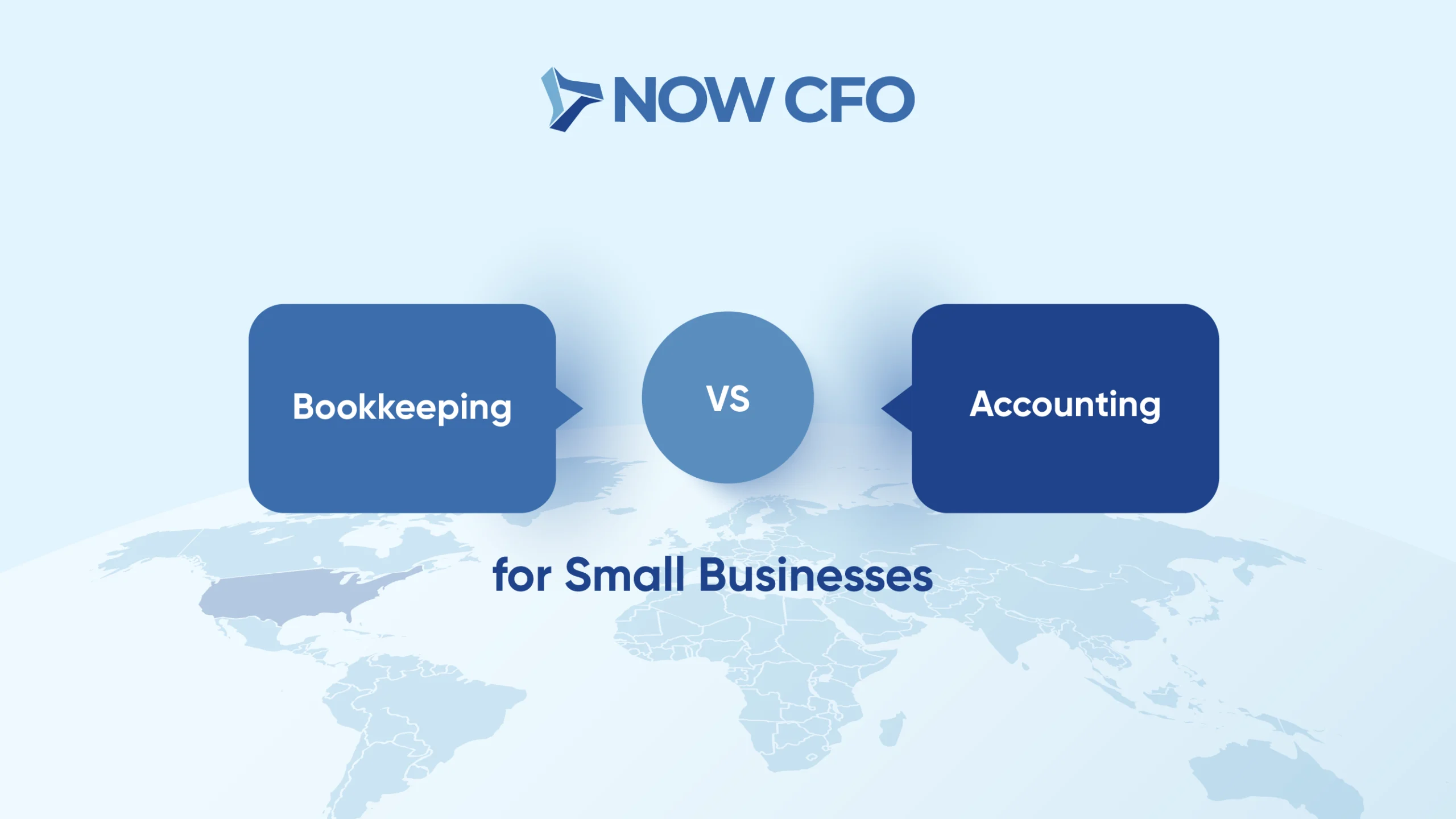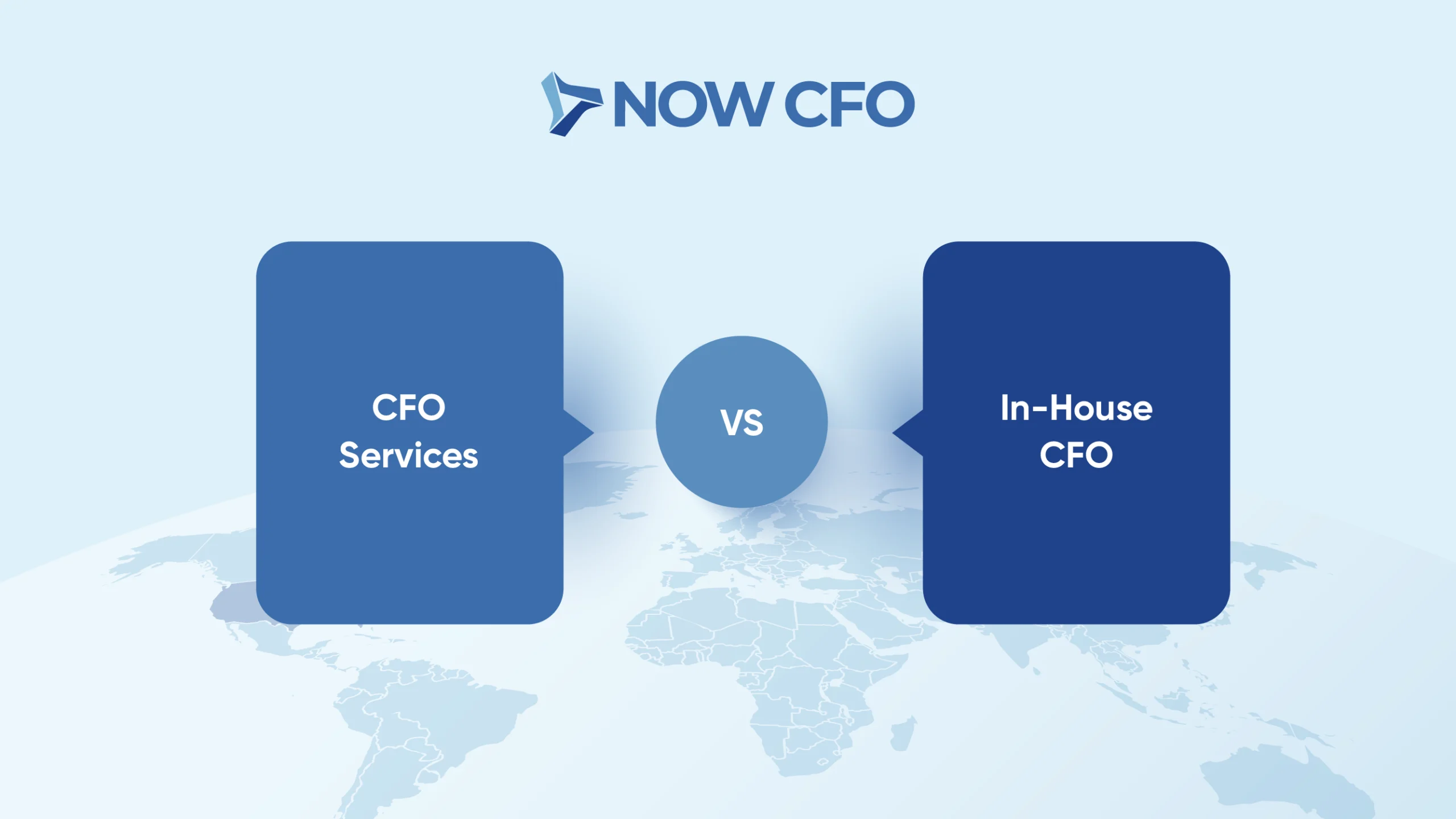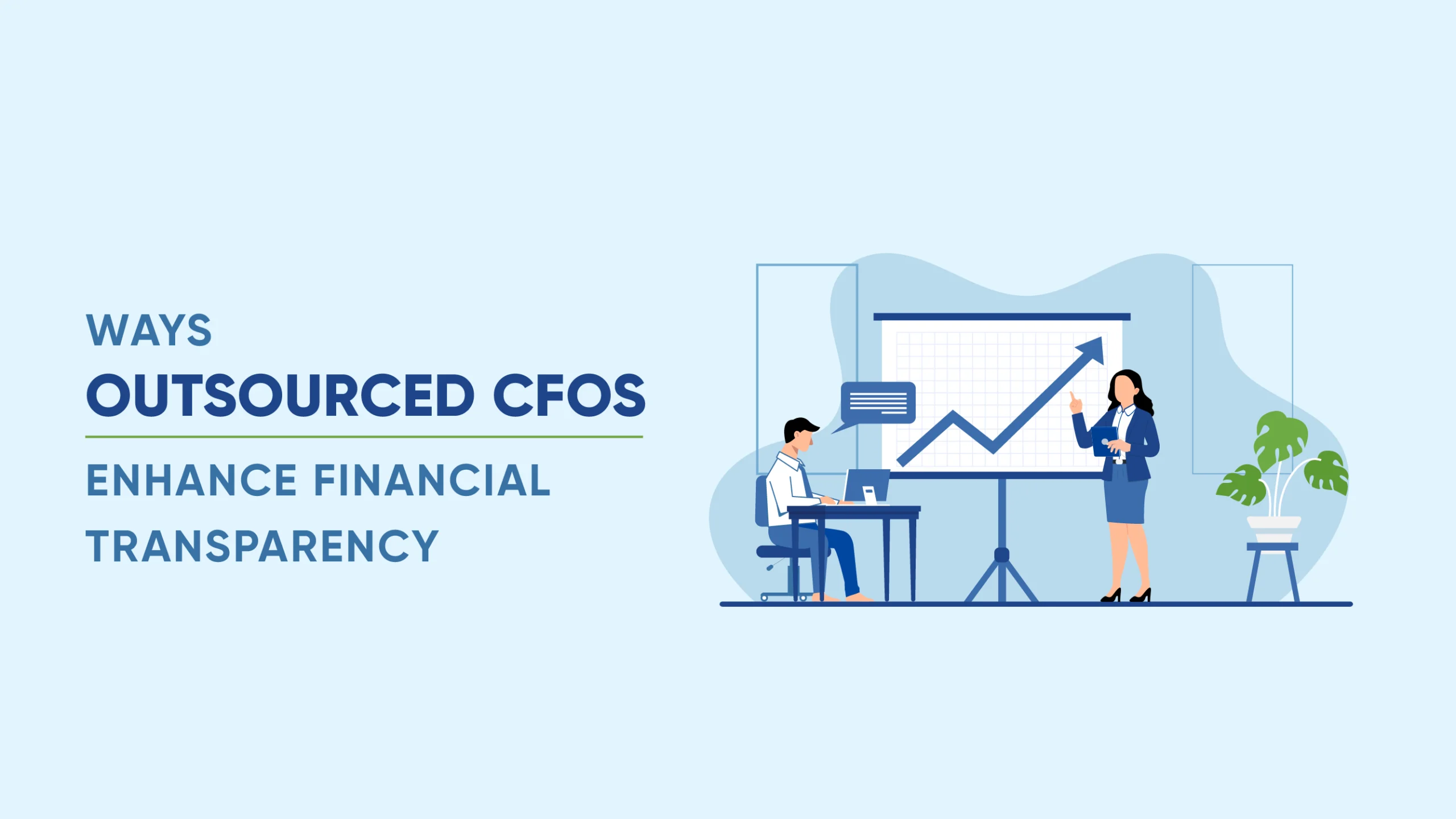
83% of business leaders agree that financial transparency is essential for earning trust from investors, stakeholders, and internal teams. Yet, many growing companies still grapple with inconsistent reporting, unclear data, and limited financial visibility.
Without standardized processes and real-time finance data, even the most promising businesses can face critical blind spots. That’s where outsourced CFOs come in.
These experienced financial leaders bring proven systems, strategic oversight, and objective insight to enhance financial transparency.
Revenue Growth Through Financial Expertise
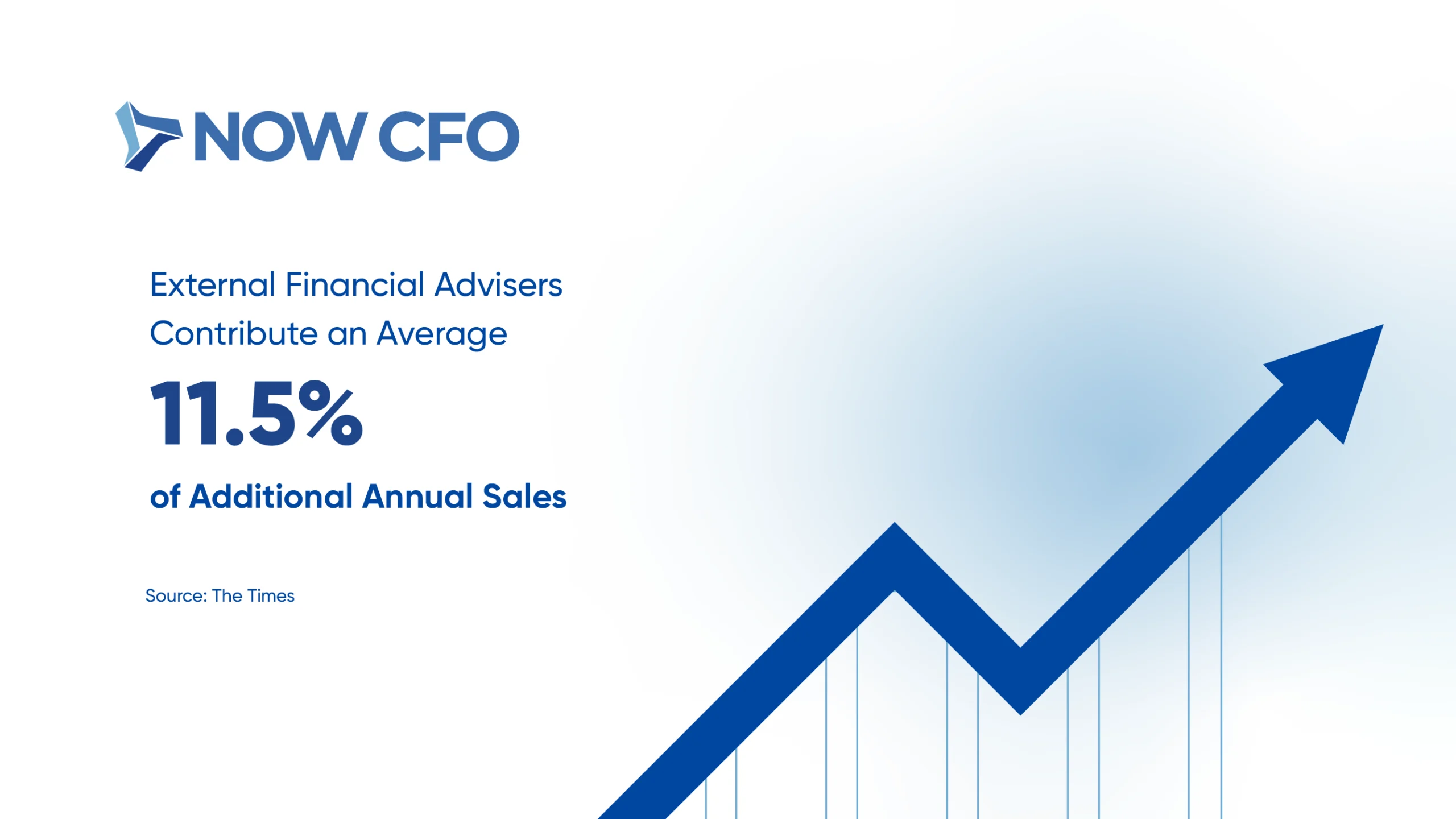
Partnering with external financial advisers can significantly boost business revenue. A study published by The Times found that companies leveraging outside financial expertise experienced an average increase of 11.5% in annual sales.
This uplift stems from improved financial strategy, sharper forecasting, and access to high-level decision-making insights; benefits typically associated with seasoned CFO leadership without the full-time cost burden.
Source: The Times
Efficiency Gains Through Outsourced Reporting
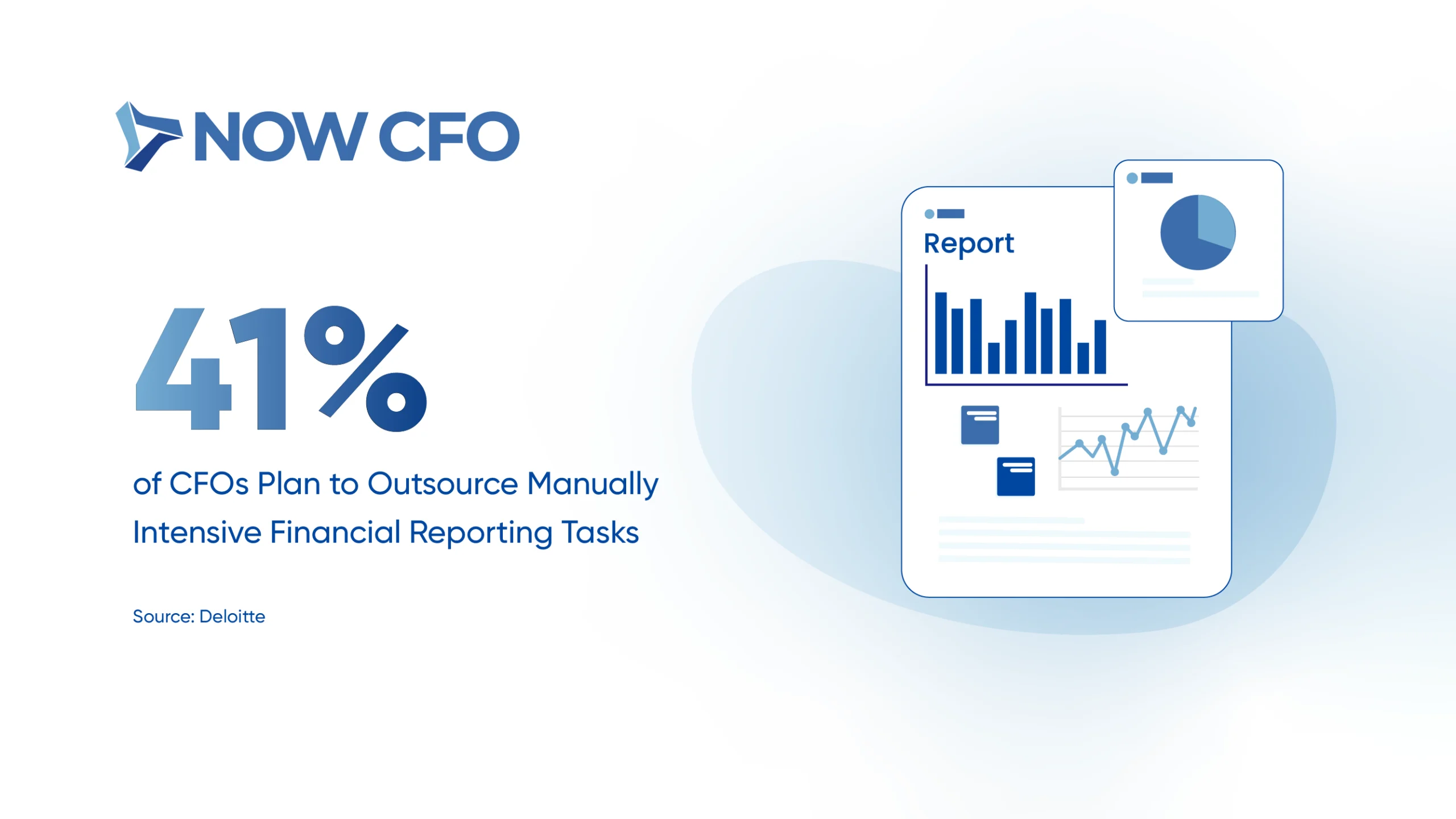
Manual financial tasks can drain resources and hinder strategic focus. According to Deloitte, 41% of CFOs intend to outsource these time-consuming processes, such as data compilation, reconciliations, and basic reporting.
By delegating routine financial work to outsourced professionals, in-house teams can redirect efforts toward high-value analysis, forecasting, and growth initiatives, enhancing overall finance team performance.
Source: Deloitte
Cost Reduction as a Primary Driver for Outsourcing
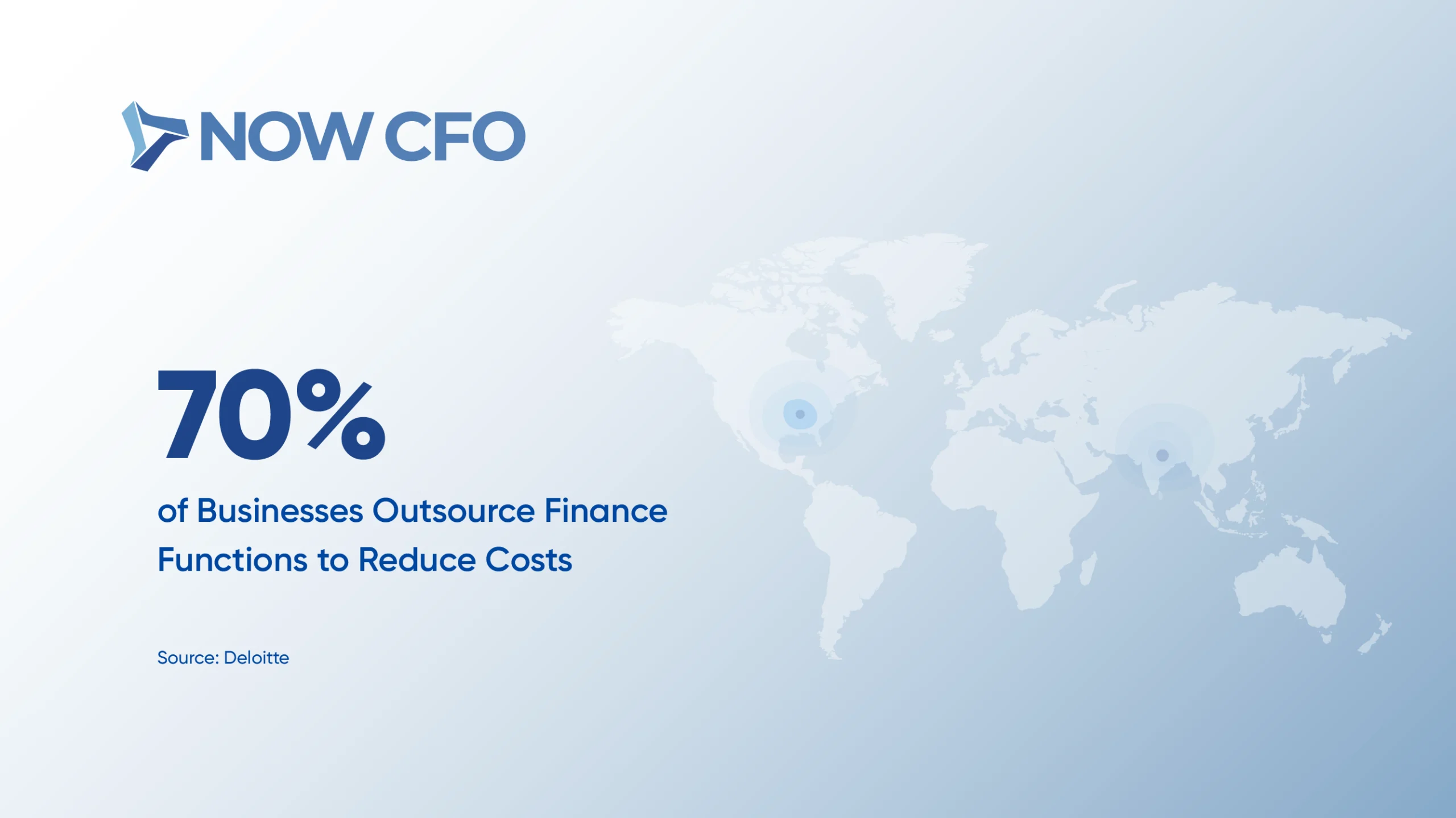
Outsourced CFO services allow companies to avoid the hefty overhead of a full-time executive, including salary, benefits, and recruitment. This strategic move not only lowers operational expenses but also provides access to experienced finance professionals on a flexible basis, delivering more value per dollar spent.
Source: Deloitte
Modernizing Finance with Technology
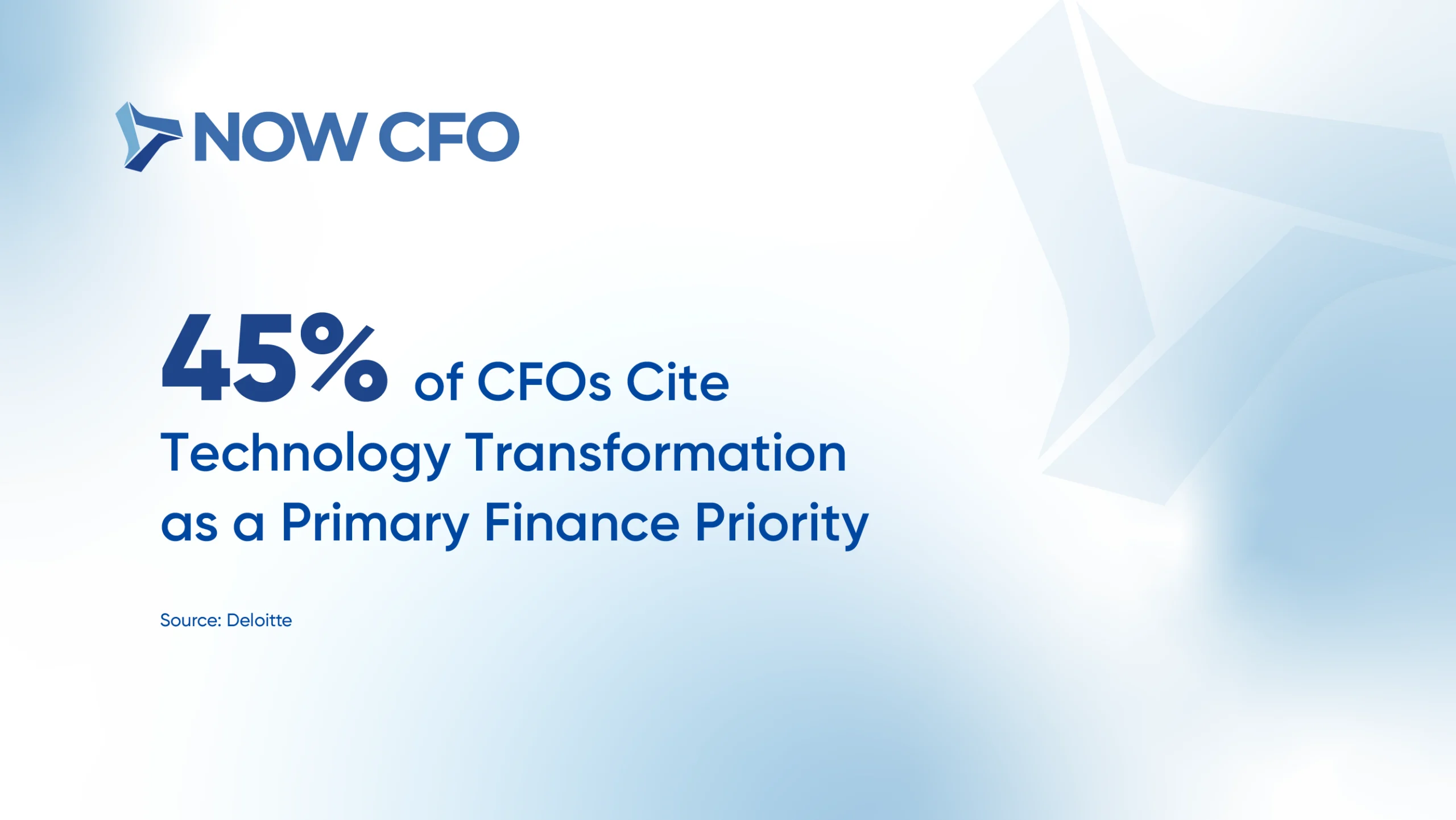
In the evolving finance landscape, technology adoption is critical. Deloitte reports that 45% of CFOs prioritize technology transformation to replace outdated systems with modern tools that enable transparent reporting and faster decision-making.
Outsourced CFOs play a key role in this shift, bringing expertise in integrating dashboards, automation tools, and reporting platforms that improve visibility, reduce manual errors, and support agile operations.
Source: Deloitte
Transparency and Efficiency Drive Outsourcing Decisions
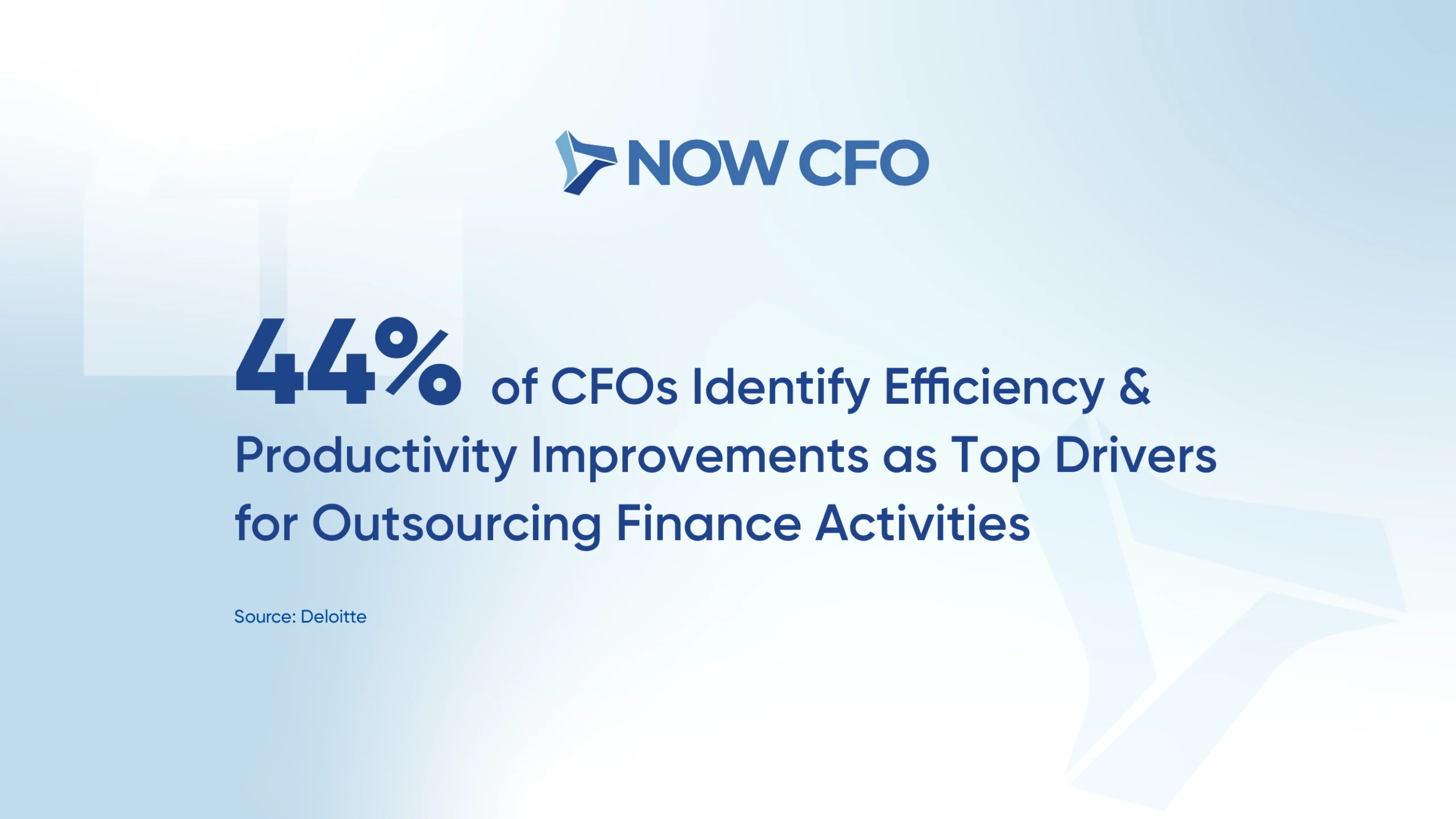
Efficiency isn’t just a benefit; it’s a leading reason for outsourcing. Deloitte research reveals that 44% of CFOs use outsourced strategic finance services to improve productivity and enhance financial transparency.
By shifting finance functions to external experts, businesses streamline workflows, reduce bottlenecks, establish consistency, and boost financial reporting accuracy. The result is greater operational focus and more reliable decision-making data.
Source: Deloitte
Automation Enhances Accuracy and Availability
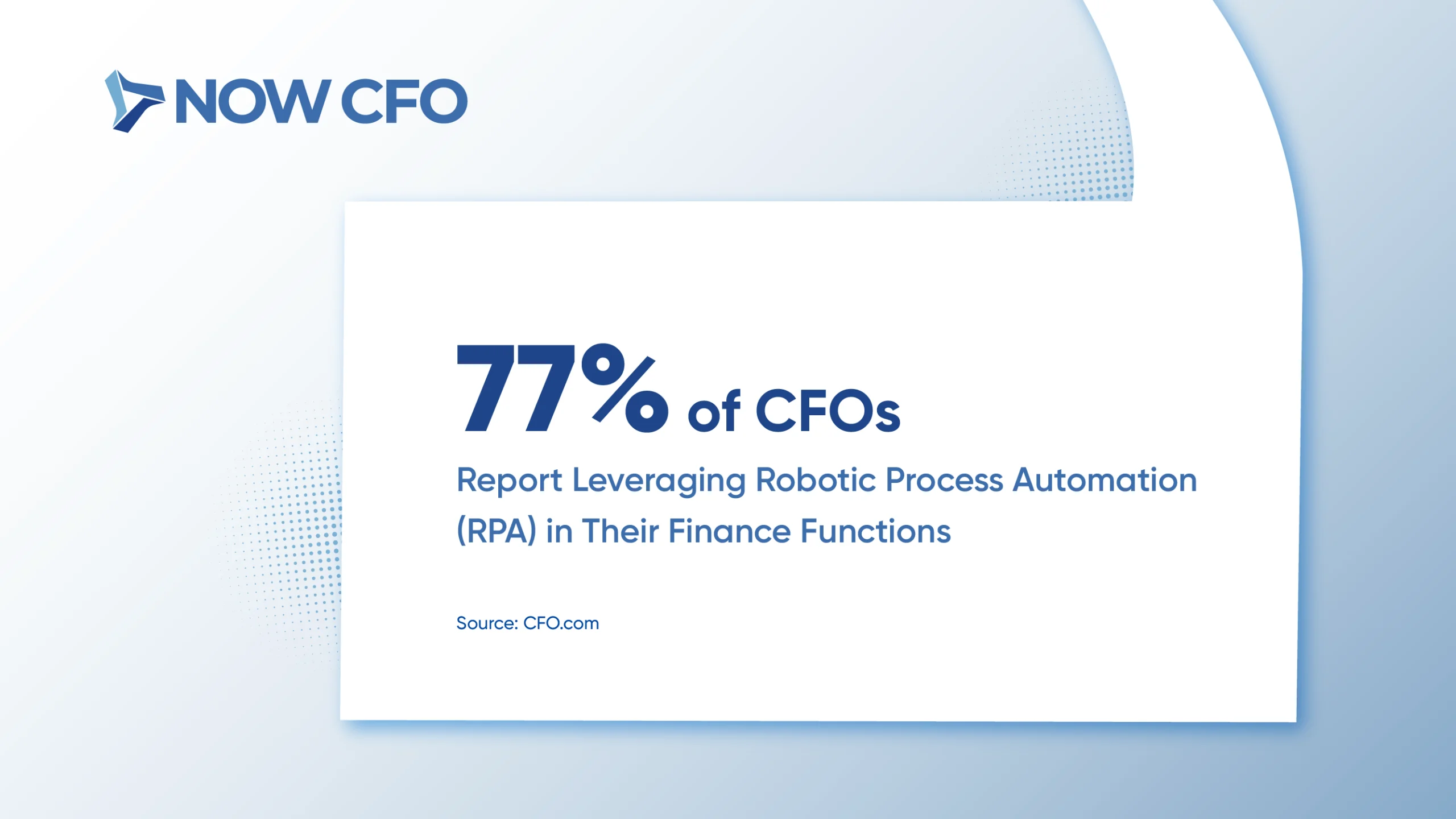
Robotic Process Automation (RPA) is reshaping modern finance departments. According to CFO.com, 77% of CFOs already use RPA to eliminate manual errors and accelerate financial data availability.
Outsourced CFOs often lead these technology implementations, deploying automation tools that improve reporting accuracy, increase efficiency, and reinforce transparent financial operations.
Source: CFO.com
Strategic Focus Enabled by Outsourcing
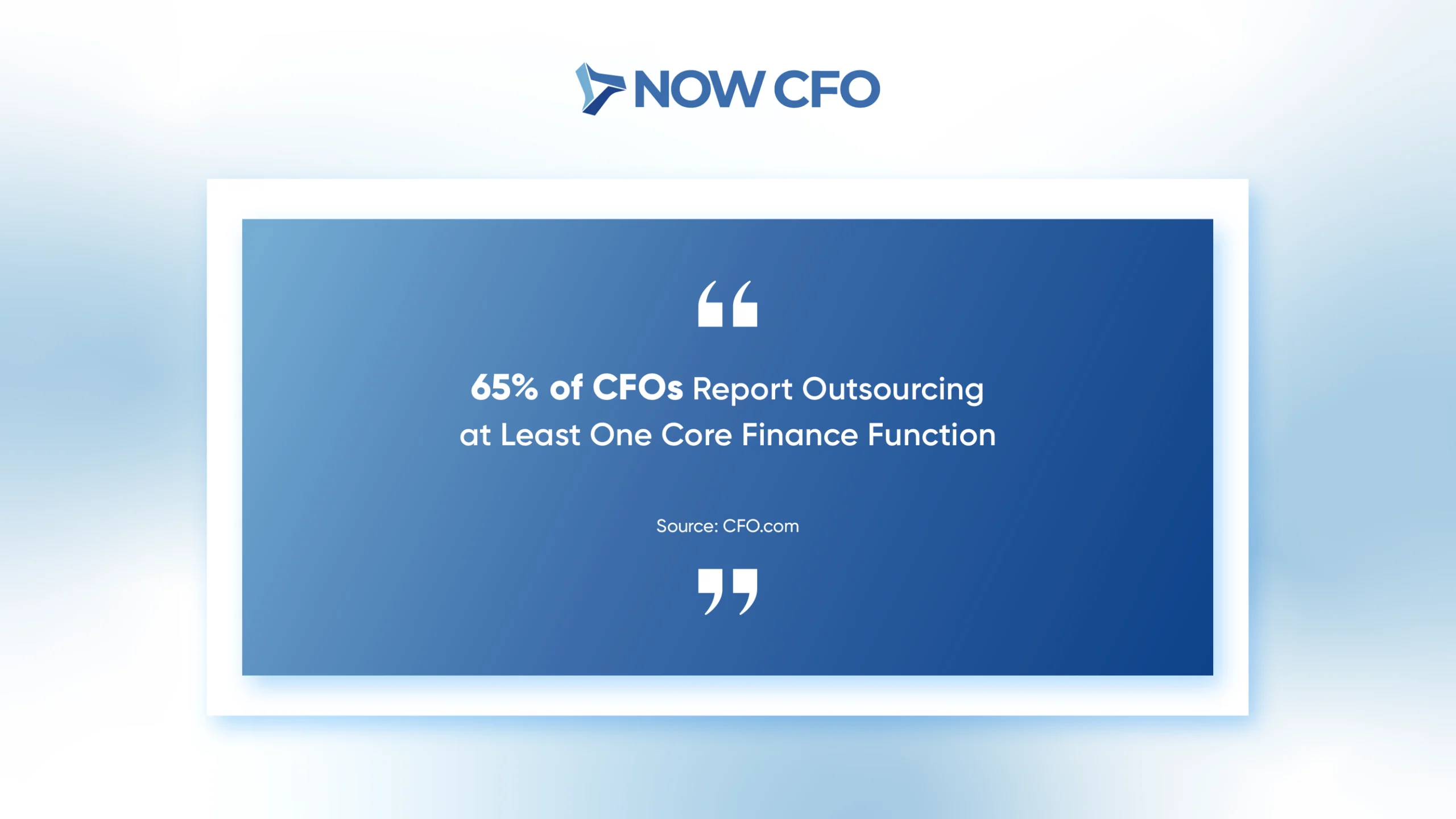
A growing number of finance leaders are embracing outsourced models. CFO.com reports that 65% of CFOs now outsource at least one core finance function, allowing their internal teams to focus more on strategic planning and transparent reporting.
Outsourced CFOs help refine processes, implement real-time dashboards, and improve audit readiness, giving companies a clearer financial picture while staying lean and focused.
Source: CFO.com
Automation Cuts Close Times, Boosts Transparency
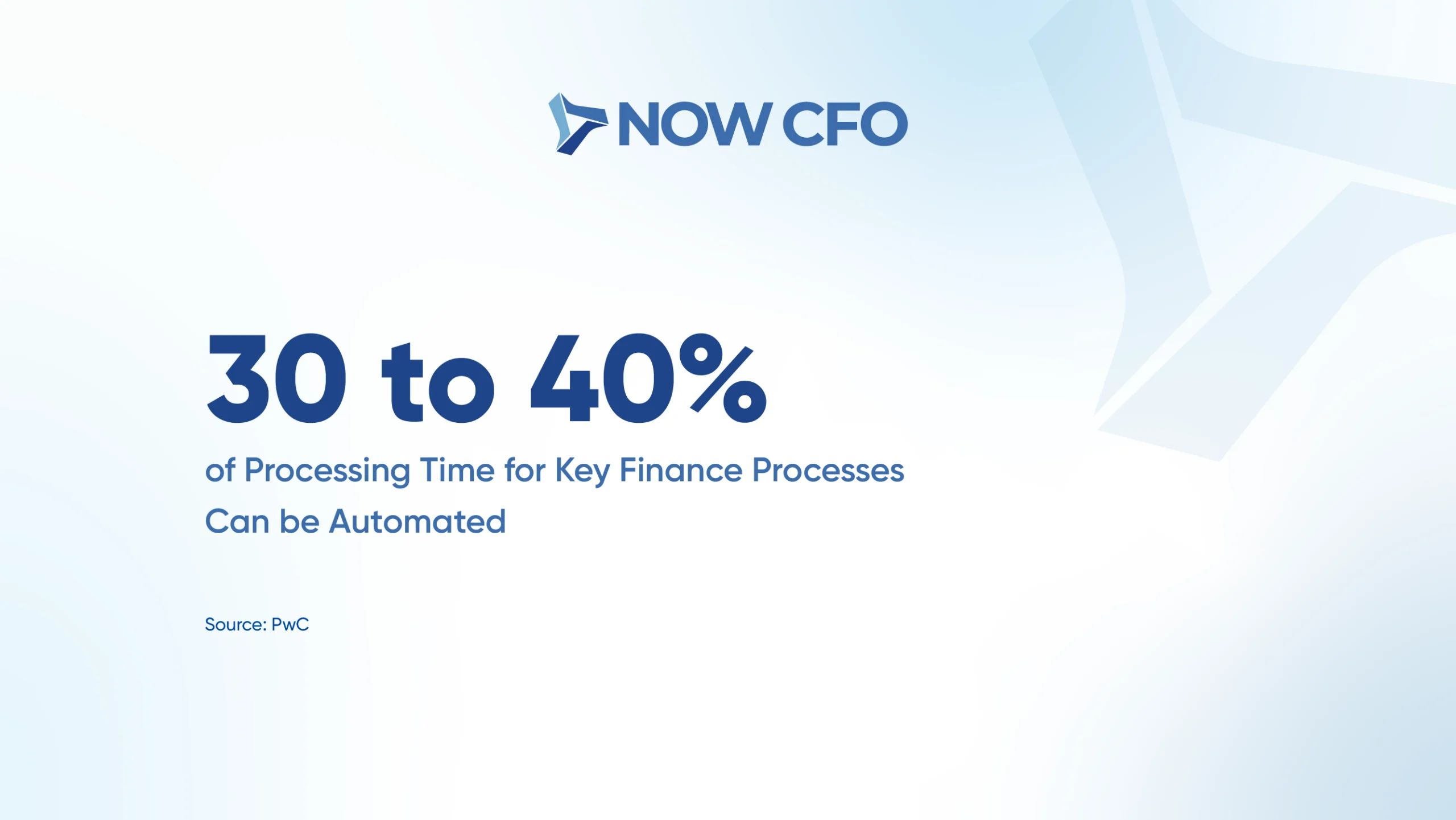
PwC research indicates that 30% to 40% of time spent on core finance tasks, such as reconciliations, closing the books, and reporting, can be automated.
This slashes cycle times and enhances financial transparency by reducing human error and delivering faster, more accurate reports. Outsourced CFOs are well-versed in implementing automation strategies that optimize internal workflows and support better decision-making.
Source: PwC
Conclusion
Financial transparency empowers leadership with the tools and insights to make informed, confident decisions. From standardized reporting practices to real-time dashboards and policy enforcement, the outsourced CFO role is crucial for creating a culture of accountability and clarity.
As you prepare for growth, audits, or investment, an outsourced CFO can provide the systems, structure, and strategic oversight needed to enhance financial transparency and build long-term trust with your stakeholders.
Want to build a more transparent financial system for your business? Contact NOW CFO today to schedule a free consultation and explore how expert financial leadership can drive your next phase of success.
FAQs
How do outsourced CFOs help with financial transparency?
Outsourced CFOs implement structured systems, internal controls, and consistent reporting practices that enhance financial transparency. They provide accurate and timely financial data, ensuring compliance and enabling business leaders to make informed decisions with confidence.
What tools do CFOs use to improve reporting accuracy?
CFOs use financial dashboards, forecasting software, and ERP systems to deliver transparent reporting. These tools enable real-time KPIs, budget variances, and cash flow tracking —key components of maintaining financial clarity.
Can a part-time CFO handle audits and compliance effectively?
Yes, many outsourced CFOs specialize in audit readiness and compliance. They prepare GAAP-compliant reports, standardize documentation, and create audit trails to ensure smoother, faster external audits.
How does real-time reporting improve decision-making?
Real-time financial reporting gives leadership up-to-date insights into business performance. This visibility supports agile budgeting, helps identify risks early, and enhances department accountability.
What does transparent financial management mean?
Transparent financial management entails clear, accurate, and timely reporting that all stakeholders can easily understand. It reduces guesswork, fosters trust, and aligns everyone’s financial health and direction.




